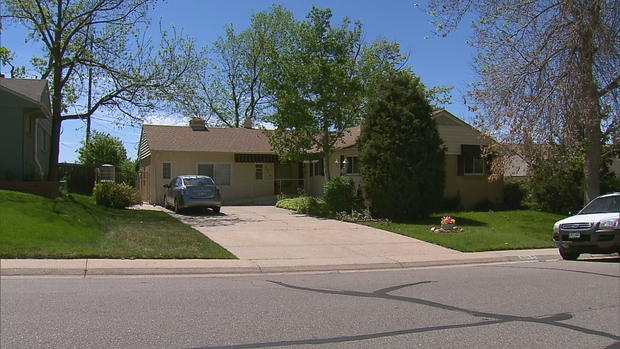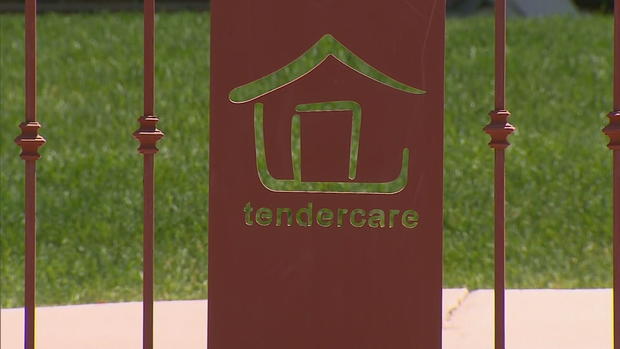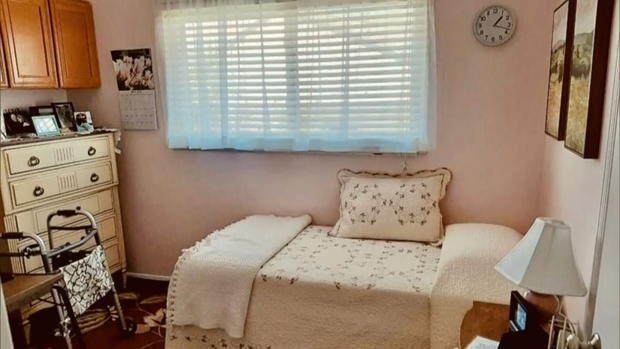Some Small Assisted Living Home Owners Concerned By Colorado Health Department's Coronavirus Policies
DENVER (CBS4) - Some assisted living centers are not as worried about the safety of who's living in their homes, but instead who's entering the building. Some owners of small group homes are worried about state inspectors coming in and bringing the virus with them.
Jannelle Molina owns A Loving Hand Assisted Living Facility in Denver. It's a small house with eight older women living there.
Molina says the Colorado Department of Public Health and Environment recently implemented educational visits at small facilities like hers to inspect infection control procedures. But Molina believes that could put her eight residents at risk.
"They are sending people who have been exposed to COVID into our homes," Molina said. "If it is that contagious, why are you bringing strangers into my home?"
Joe Bradshaw owns the TenderCare Assisted Living Facilities in the Denver metro area. He agrees with Molina, and says the state hasn't provided adequate COVID-19 training to small operations like his.
"In my opinion they are not educational," Bradshaw said. "They're making sure we're following those policies and procedures, but we don't really know what all of those policies and procedures are."
He says there is a big difference between larger nursing homes and smaller assisted living facilities like his.
"An assisted living is a non-skilled facility, we help with what they call ADLs, or activities of daily living... we don't do skilled things like assessments, we don't do any intravenous medications, breathing treatments. Anything that you could manage from a home setting, is what we do, just more supervised," Bradshaw explained. "That's why I would like to see a little bit more individualized training, and guidelines based on small residential homes."
But a spokesperson for the CDPHE tells CBS4 the inspections are safe, and critical to slowing the spread of the virus.
"Infection control checks are inspections that focus on the infection control policies and procedures of each facility," said Peter Myers with CDPHE. "These checks have replaced traditional investigations and have been modified to allow for the minimum amount of time possible on-site at the facility. Investigators review policies and procedures, perform observations, and interview staff. While in the facility, investigators follow OSHA, CDC, and CDPHE recommendations in regards to wearing personal protective equipment, which they are equipped with when they arrive at the ALR."
Bradshaw says as the state's policies currently stand, the smaller assisted living homes are grouped in with other larger facilities that don't compare.
"I think the toughest thing for us is that they're not really giving us any true guidelines, especially for a small residential care facility, versus a nursing home, versus a hospital," Bradshaw said. "We are all grouped together."
While the CDPHE admits there is no guidance specifically for smaller facilities, it says it is "routinely working with assisted living residences and state and federal agencies to respond to the COVID-19 crisis... (and) CDPHE holds weekly calls with facilities and answers questions."
Meanwhile, Molina says families of her residents are upset they can't go into her home, but state inspectors can.
"I think the people who are COVID-free should be exempt from the surveyors coming in to the facility," Molina said.
But the state health department says it sends new guidance to facilities through the provider portal and posts it online.
"It is important to CDPHE to continue to provide guidance and information often to allow providers to have the most up-to-date information," Myers said."There is assisted living residence (ALR) specific guidance, but none that specifically targets smaller residences. All ALRs are required to follow assisted living regulations, no matter the number of residents. Guidance for other facilities can also be useful, as many residential facilities are faced with the same issues. This guidance has also been distributed to ALRs. There is also guidance available for community based and independent living facilities available from the CDC. ALRs can also utilize their local public health agency for guidance and support."






